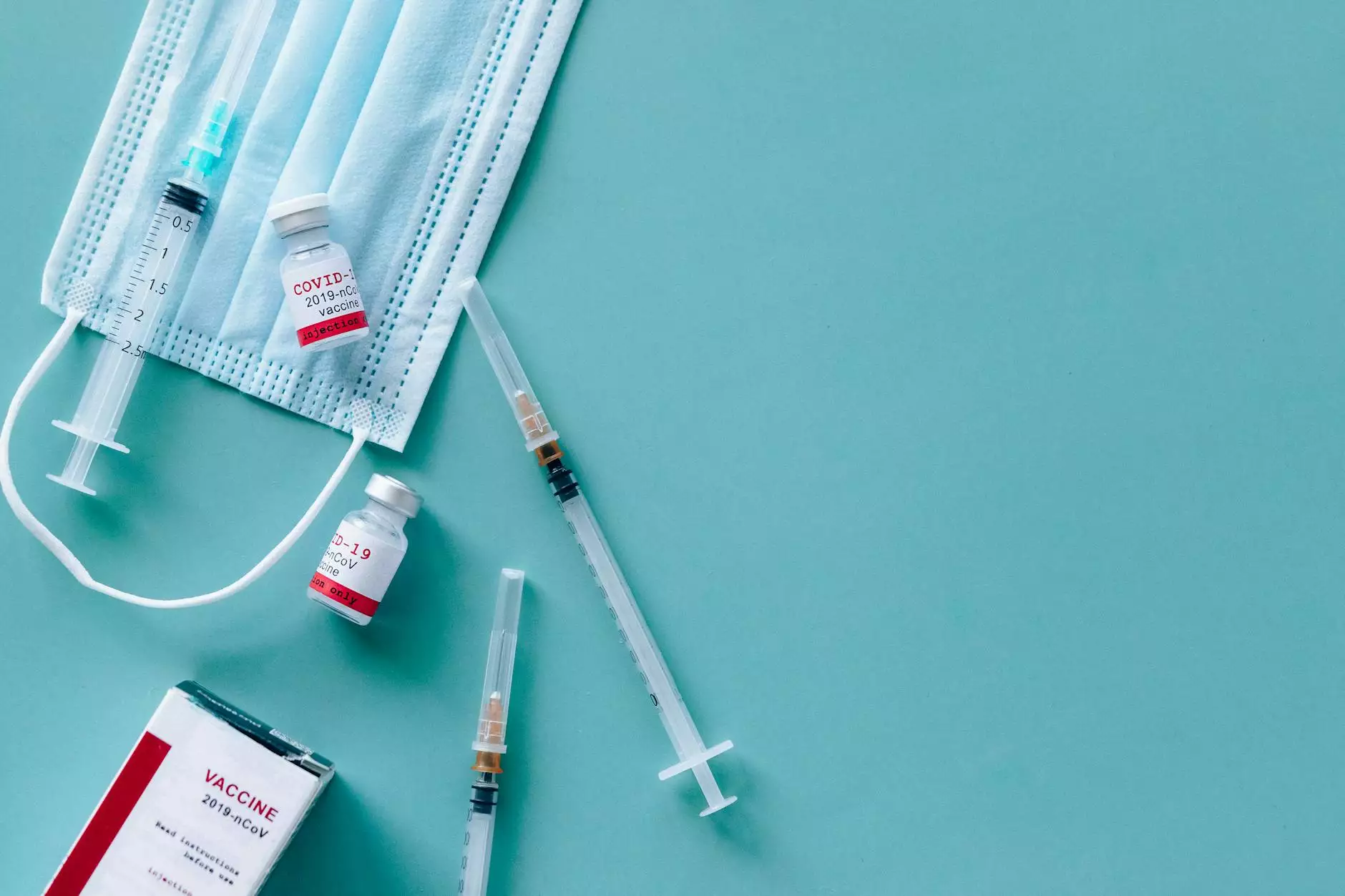Understanding the Risks of Full Hysterectomy

Introduction
In the realm of women's health and medical procedures, there are various treatment options available to address different gynecological conditions. One such procedure, a full hysterectomy, is a common surgical intervention that involves the removal of the uterus and sometimes accompanying structures. However, it is essential to carefully consider the associated risks before making a decision.
Risks and Considerations
While a full hysterectomy can offer relief from several gynecological conditions, it is crucial to understand and acknowledge the potential risks involved. Every surgical procedure carries certain risks, and a full hysterectomy is no exception. By comprehensively assessing the risks and discussing them with a qualified obstetrician and gynecologist, you can make an informed decision that prioritizes your well-being.
1. Surgical Risks
During a full hysterectomy, as with any surgical procedure, there are specific surgical risks to consider. These can include adverse reactions to anesthesia, bleeding, infection, blood clots, damage to surrounding organs or structures, and prolonged healing time. While these risks are relatively rare, it is important to understand their potential occurrence and discuss them with your healthcare provider.
2. Hormonal Changes
One significant consideration when contemplating a full hysterectomy is the hormonal changes that may occur post-surgery. Since the uterus is responsible for producing certain hormones and regulating the menstrual cycle, its removal can lead to hormonal imbalances. These imbalances may cause menopausal symptoms, such as hot flashes, night sweats, mood swings, and vaginal dryness. It is essential to discuss your hormonal options and the potential need for hormone replacement therapy (HRT) with your doctor.
3. Emotional Impact
A full hysterectomy can also have an emotional impact on individuals, especially those who had not initially planned or anticipated the procedure. The loss of fertility or changes in sexual function can lead to feelings of grief, sadness, or low self-esteem. It is important to an open and honest dialogue with your partner or seek emotional support during this time. Additionally, connecting with support groups or therapy can help you navigate the emotional aspects of the procedure.
4. Long-Term Health Considerations
The removal of the uterus through a full hysterectomy may have long-term health implications that should be considered. Women who undergo a full hysterectomy at a younger age may have an increased risk of certain conditions, such as heart disease and osteoporosis. Regular check-ups, a healthy lifestyle, and appropriate screening tests can help mitigate these risks.
Conclusion
When contemplating a full hysterectomy, it is crucial to understand the associated risks and engage in open communication with your healthcare provider. By considering the surgical risks, hormonal changes, emotional impact, and long-term health considerations, you can make an informed decision that aligns with your overall well-being. The medical professionals at DrSeckin.com are dedicated to providing expert advice and guidance tailored to your individual needs. Reach out to schedule a consultation and learn more about the potential risks associated with a full hysterectomy.
full hysterectomy risks








